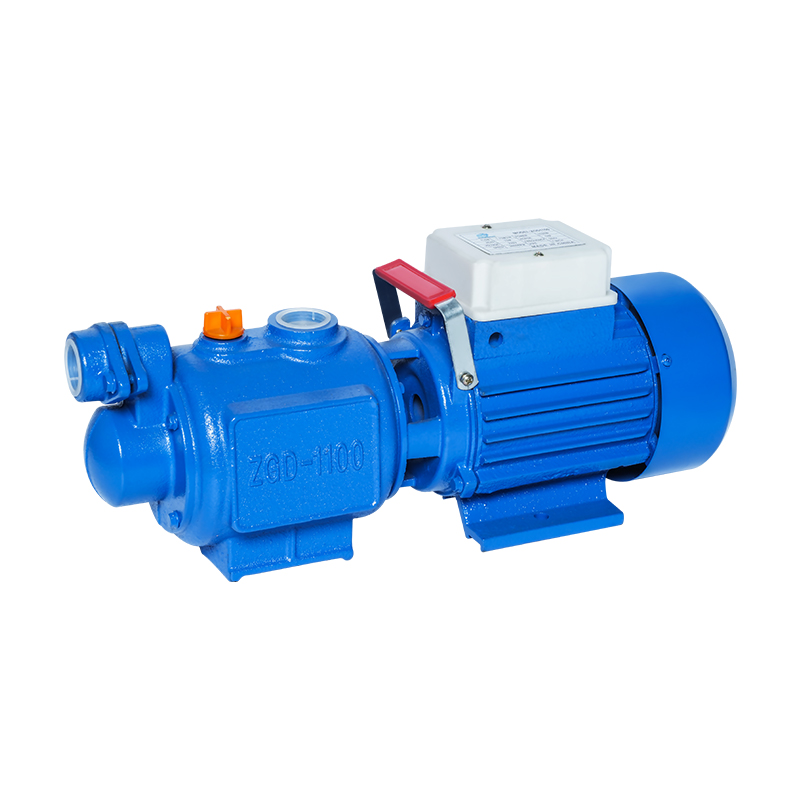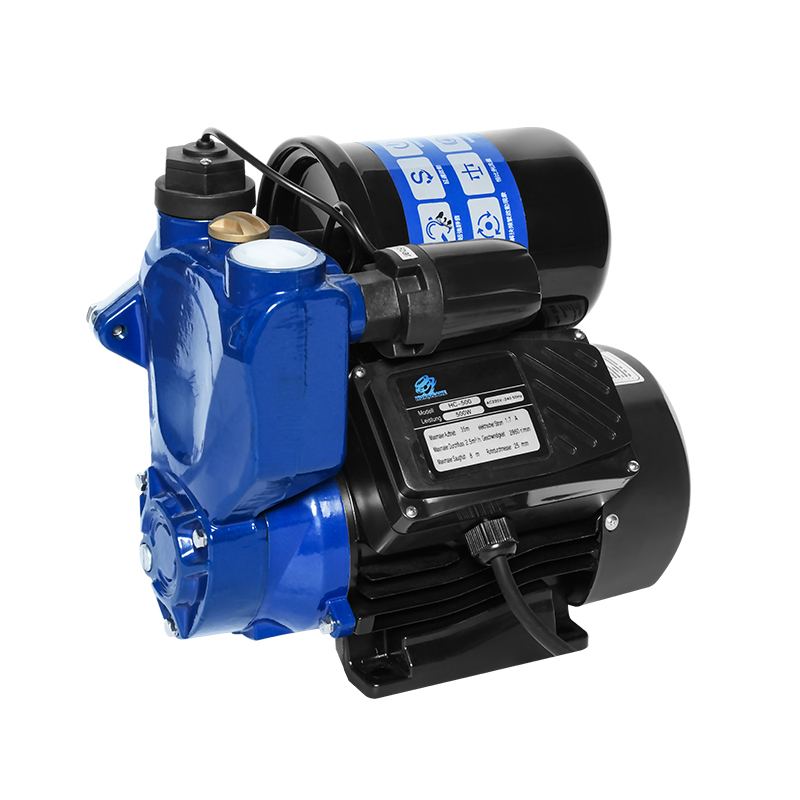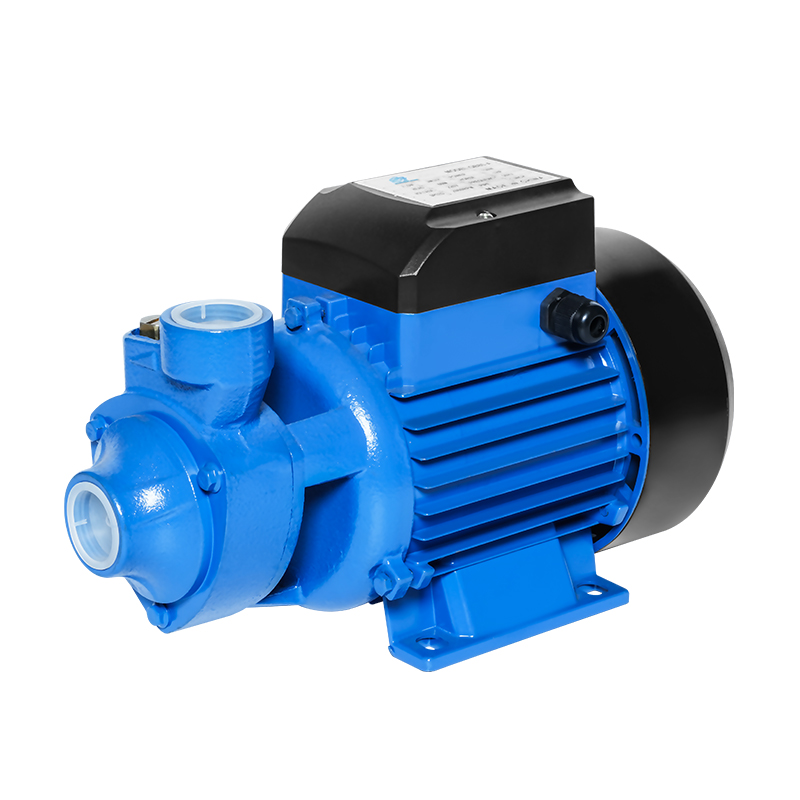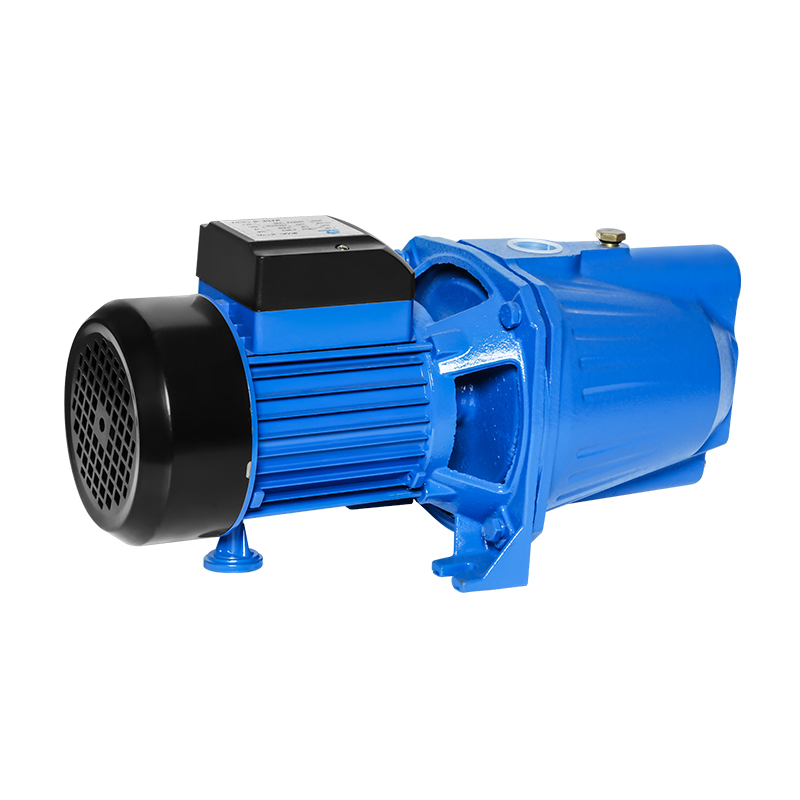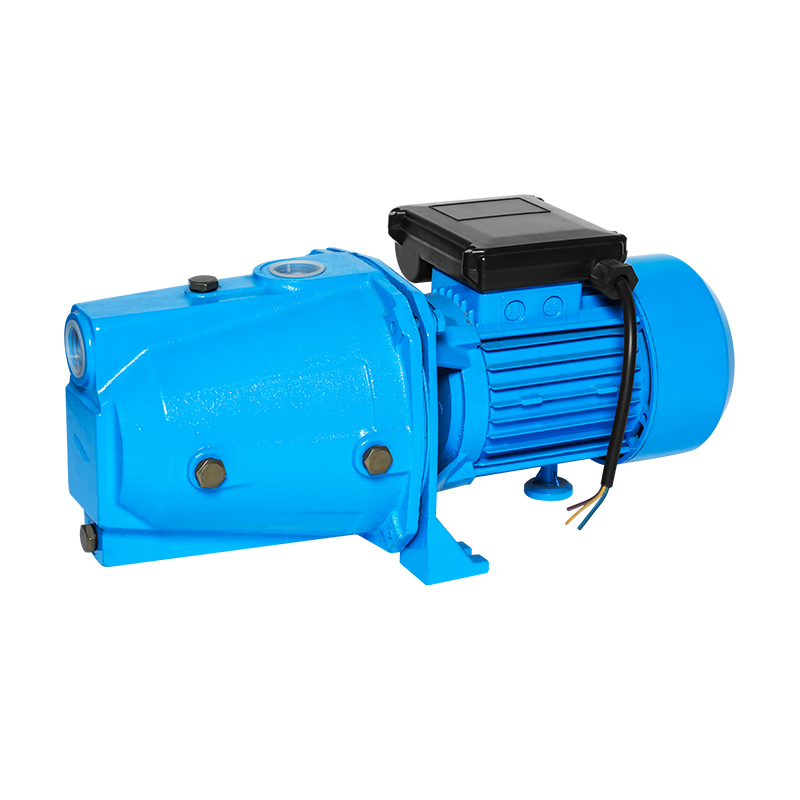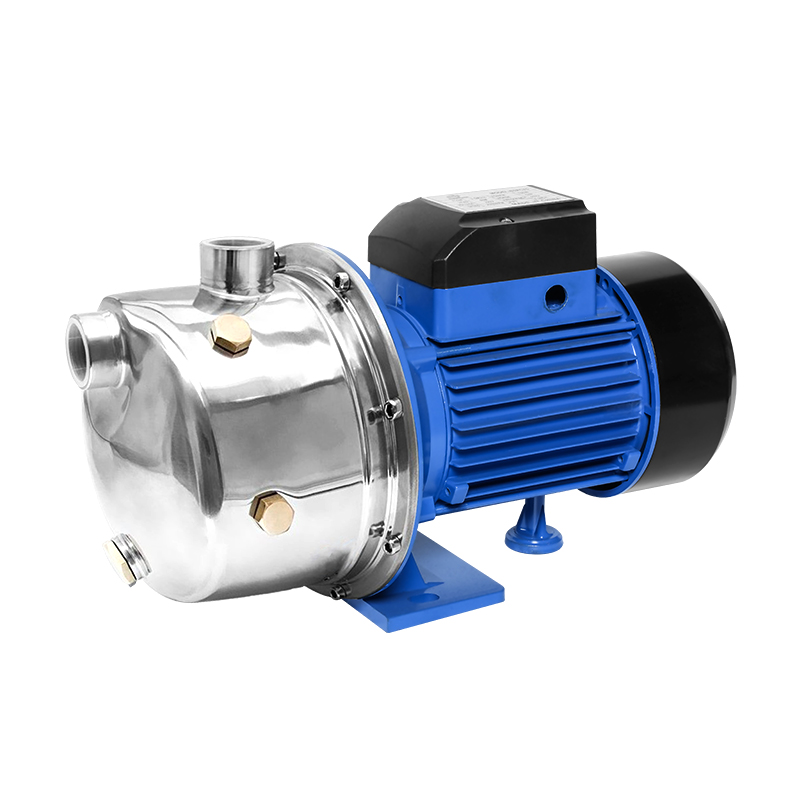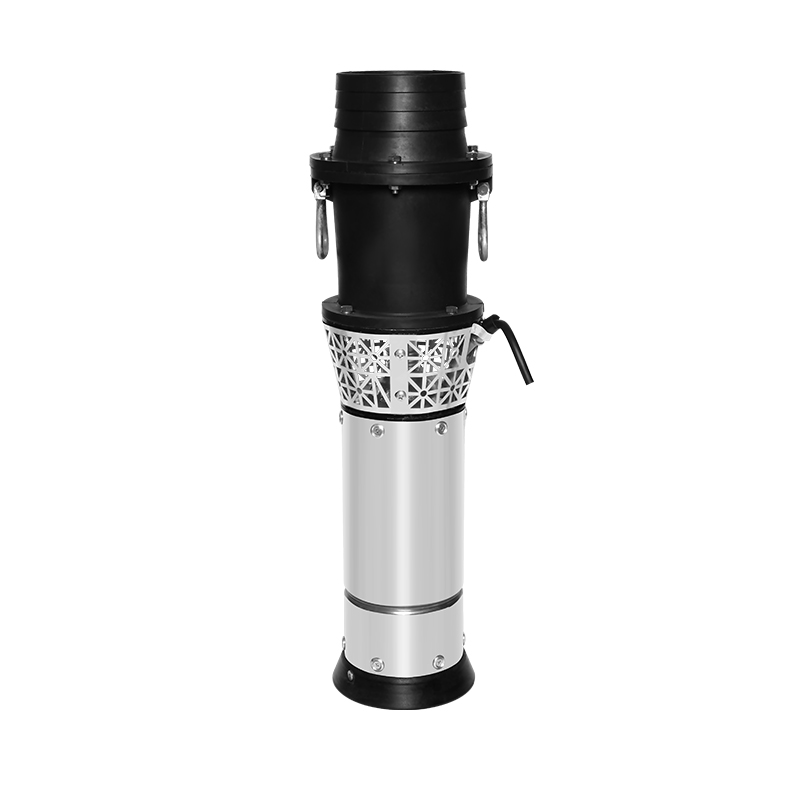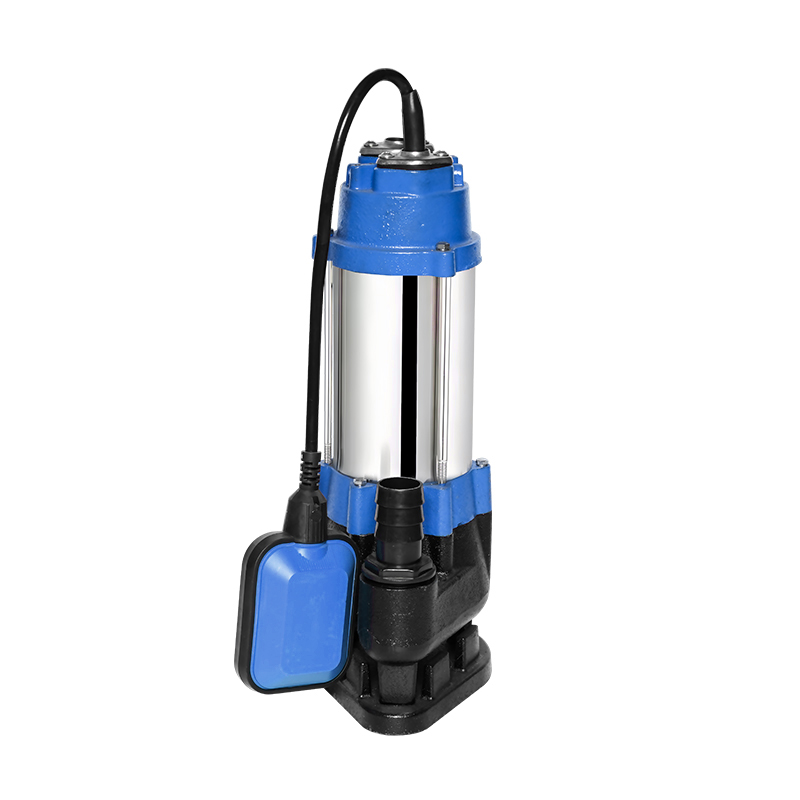Smart Farming Starts with a Trusted Agricultural Water Pump Supplier
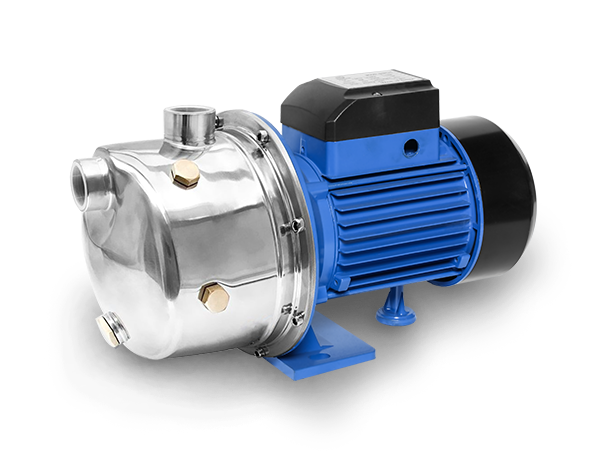
In today's evolving agricultural landscape, the role of water management has become increasingly critical. As farmers adopt more efficient practices to deal with shifting climate patterns and resource constraints, having access to reliable equipment is essential. At the center of this change is the agricultural water pump, a key tool that supports irrigation systems, livestock hydration, and drainage. For these systems to function effectively, partnering with a trusted agricultural water pump supplier is an important first step toward smart farming.
A reliable agricultural water pump supplier provides more than just machinery—they offer solutions tailored to the specific needs of different farming environments. From large commercial operations to small family farms, the water supply challenges vary greatly. An experienced supplier can recommend pumps suitable for high or low flow requirements, different soil types, and varying terrain. This guidance can help prevent wasted resources, equipment damage, and crop failure due to poor irrigation planning.
Working with a trusted agricultural water pump supplier also ensures access to quality products that meet the technical demands of modern agriculture. Pumps must operate continuously under challenging conditions, including exposure to sediment, chemical fertilizers, and fluctuating water levels. A supplier that understands these conditions can offer durable pumps designed for long-term use, helping farmers maintain consistent water delivery during critical growth periods.
Another key aspect of choosing the right agricultural water pump supplier is service support. Smart farming is not just about equipment—it involves proper installation, maintenance, and timely repair. A dependable supplier typically provides after-sales service, technical advice, and access to replacement parts. This level of support helps minimize downtime and ensures that farmers can depend on their pumps when they need them most. Timely repairs and maintenance can reduce the risk of irrigation disruptions that may lead to crop stress or yield loss.
In addition to functionality and service, a professional agricultural water pump supplier keeps up with industry developments and evolving farming practices. As smart farming becomes more data-driven, some pumps are now integrated with sensors and automation systems. These allow farmers to control water flow remotely, monitor performance in real-time, and adjust operations based on soil moisture or weather data. A knowledgeable supplier can introduce these technologies to clients, helping them implement more efficient and sustainable practices.
The role of cost efficiency cannot be overlooked either. A reputable agricultural water pump supplier helps farmers balance initial investment with long-term operational value. Rather than offering a one-size-fits-all solution, the supplier can recommend pumps that suit the farm's size, crop type, and irrigation goals. This approach ensures better use of energy and water, reducing expenses over time while supporting consistent output.
When choosing a supplier, reputation, product range, technical knowledge, and customer service are all important factors. Farmers benefit from building long-term relationships with suppliers who understand their land, their equipment needs, and their goals. This connection becomes a valuable part of the farm's success, especially when challenges arise that require quick, informed solutions.
Smart farming begins with selecting an agricultural water pump supplier that understands both the technical and practical demands of modern agriculture. Through quality products, ongoing support, and informed guidance, the right supplier helps farmers manage water more effectively, improve productivity, and respond to the challenges of today's farming environment. As agriculture continues to evolve, these suppliers play a central role in shaping more resilient and efficient systems for the future.


